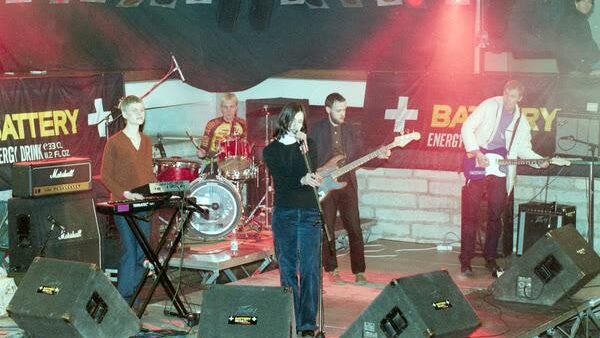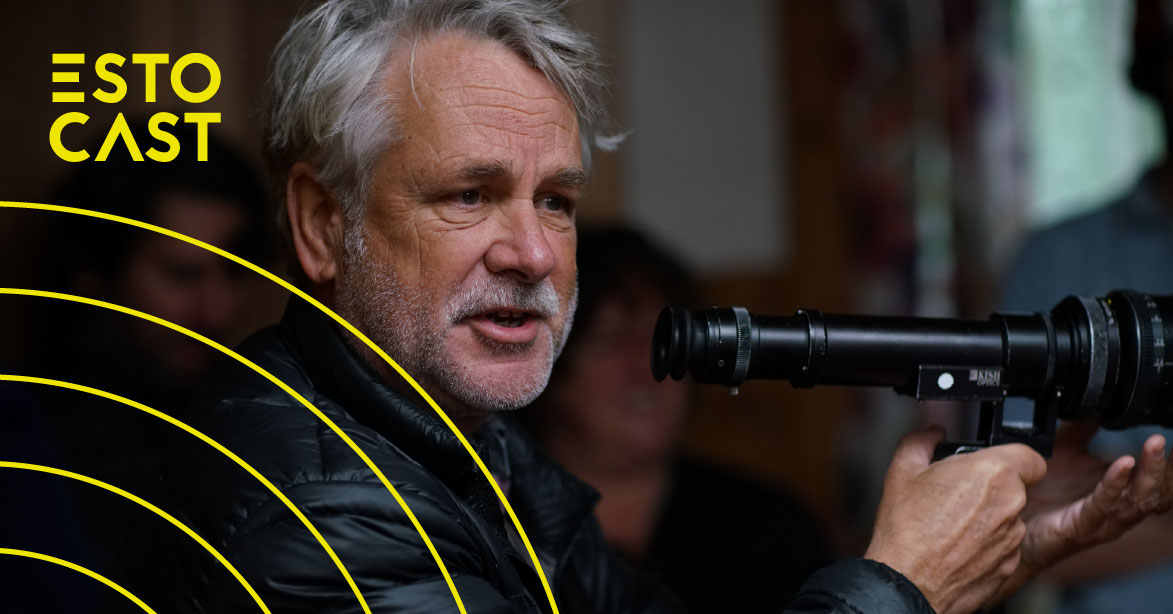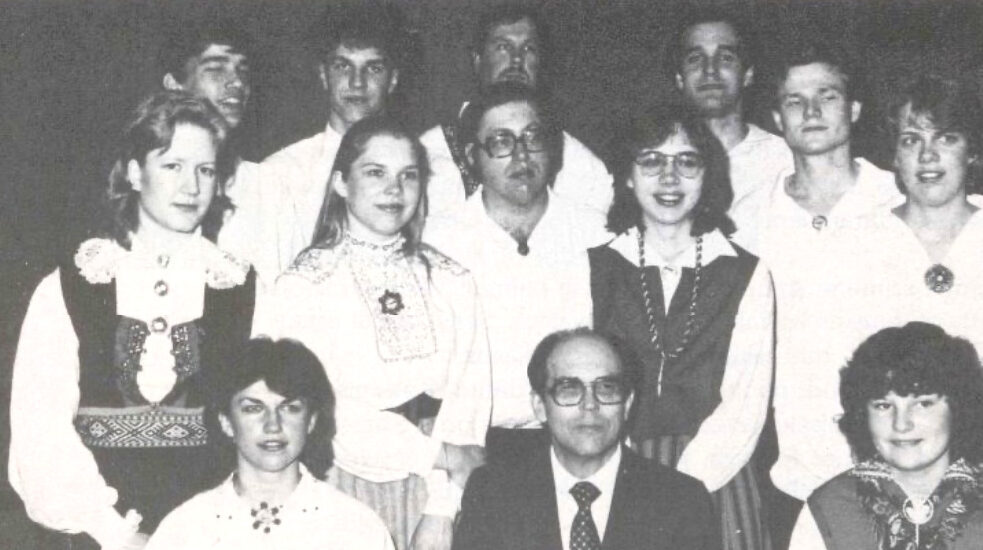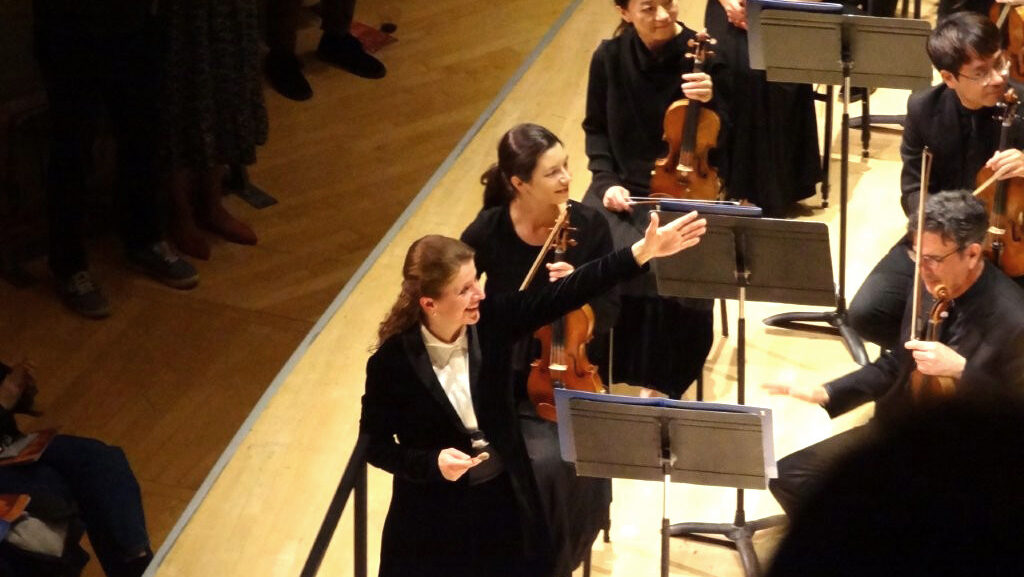According to Discogs, the group released four albums (both self-released and through various labels) throughout its existence: Dallas Meets Zahir (1994), Raj Kapoor (1995), Sleeper's Entertainer (1998), Dallas (1999), and Delay Lama (2003).
Formed in 1991 as the Soviet Union collapsed, Dallas' discography is a musical melting pot of sounds from around the world. Estonian indie label Seksound, which reissued Raj Kapoor and Sleeper's Entertainer, writes that “Their musical style was often compared to Stereolab, but also to Broadcast, The Cardigans, Komeda and The Jesus and Mary Chain. As these titles refer, it used to be an intriguing blend of '60s estrade, [bossa nova] and twist, '70s progressive, '80s disco and dub and the beginnings of '90s shoegaze. Their electro-acoustic sound got another twist through their use of East German guitars and synthesizers. Deliciously cool synths, moody and melodic pop tunes are beautiful, elegant and rocking all at the same time…”
In their most recent and final album, “You can also hear cheeky prog, booming string orchestrations, girls' choir Nõmme Lill, lots of electronic trifles, Tauno Pääslas' twirling bass guitar that has turned from Kentish to funky…” wrote Siim Nestor in Eesti Ekspress [quote translated from Estonian].
Needless to say, Dallas is everywhere all at once — but that synergy, combined with their unique talent, is what makes them so effortlessly timeless.
Yet this international acclaim was short-lived. After releasing the album, High Park Records suddenly went silent; all communication disappeared.
The band quickly rose to fame in the first half of the 1990s, playing various shows and festivals around Estonia.
Their notoriety eventually crossed the ocean and found its way to Canada, mainly in part to the Toronto-based record label High Park Records, which released the band's self-titled album in 1999. The effect was almost immediate: that same year, “Dallas made three mini-tours in North America.”
Yet this international acclaim was short-lived. After releasing the album, High Park Records suddenly went silent; all communication disappeared.
“We received our advances. According to the contract, we have the right to know all these things, but it is difficult to conduct business without communication,” said Loodus to Eesti Ekspress.
Following Dallas' positive reception in Canada, the group tried to expand their stardom to the USA, though in vain. “We did very well in Canada, but the USA was just too big. In New York, we disappeared like a black hole,” recalled Loodus in an interview with Postimees.
Ultimately, Dallas split up in 2003 when Kindel announced her decision to leave the group due to creative differences — but Dallas' legacy lives beyond that, as their sound continues to resonate with generations to come.
To get a feel for the band’s sound, listen to their self-titled album Dallas, available to listen to on Spotify.
This article was written by Natalie Jenkins as part of the Local Journalism Initiative.




